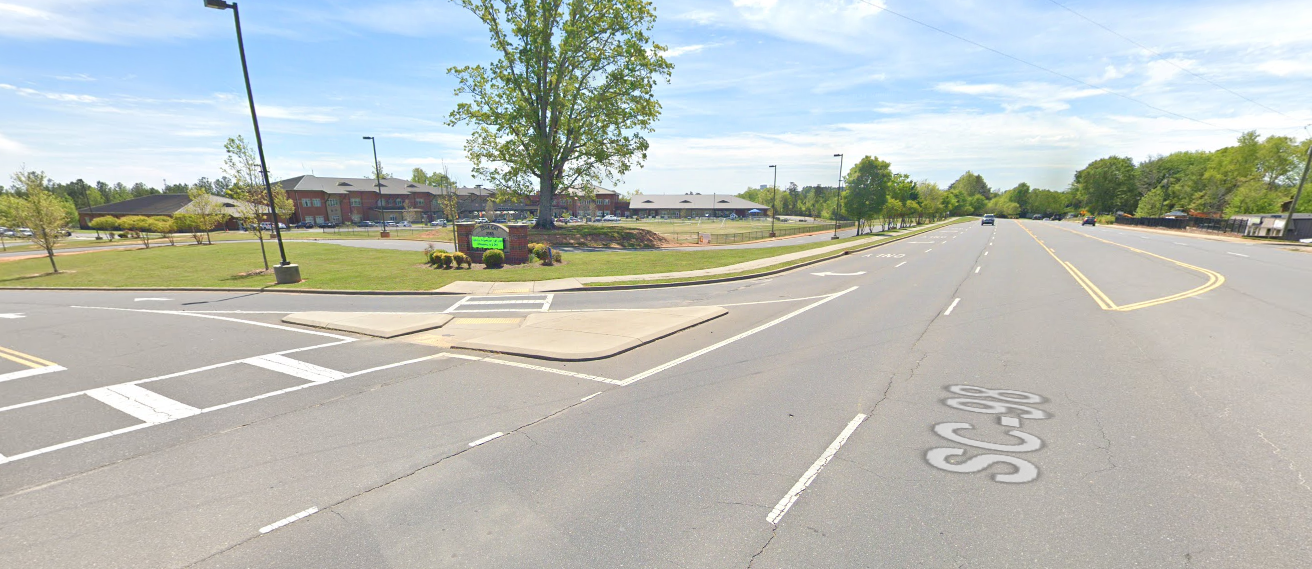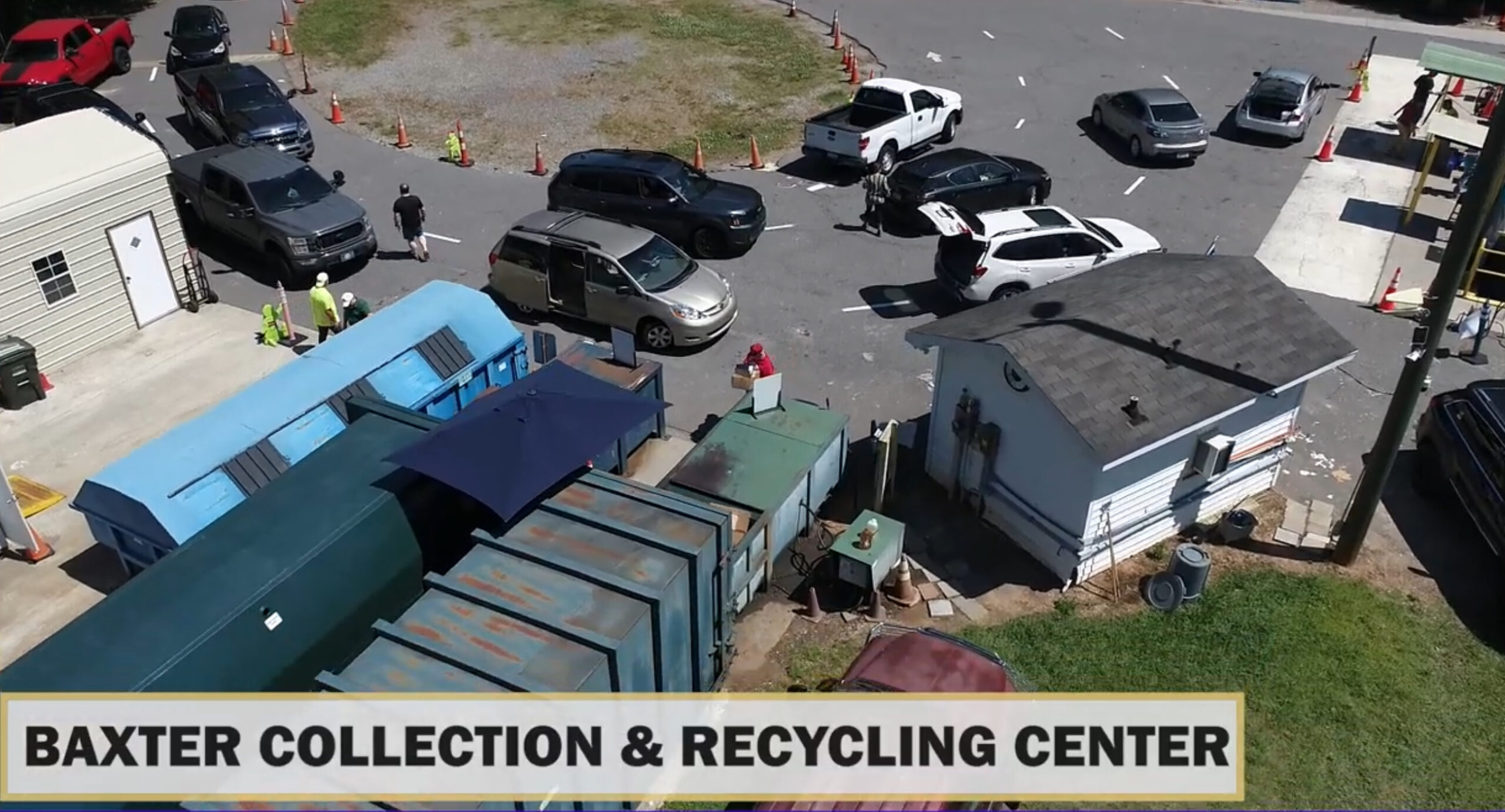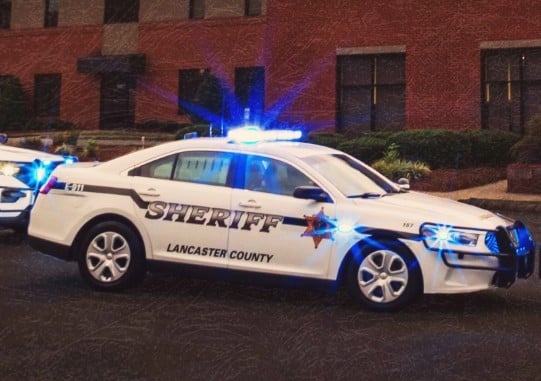Recent tragedies and legal disputes in York County highlight critical issues surrounding the authority and safety of school crossing guards in managing traffic.
The role of crossing guards is bound by state laws that limit their ability to direct or control traffic on busy public roads. The South Carolina Attorney General’s Office has also weighed in on this matter, clarifying that crossing guards are authorized only to stop vehicles temporarily to help students cross the street, not to manage broader traffic congestion. This limitation is designed to ensure that only certified law enforcement officials handle traffic direction, which is crucial for maintaining safety in school zones.
The Attorney General Opinion states,
“While there appears to be some conflict in the above opinions as to the authority, or lack thereof, of uniformed adult crossing guards to direct, control, or regulate traffic, we believe the conclusions of each can be read together so as to achieve one logical, coherent result. As indicated in the September 5, 1989 opinion, uniformed adult crossing guards have at least some lawful authority as to the control or direction of traffic pursuant to § 56-5-740. Consistent with the plain language of § 59-63-60, however, any such authority is limited to “assisting school children to cross streets near schools.” Thus, as indicated in the January 5, 1983 opinion, the authority of a uniformed adult crossing guard to direct or control traffic does not extend to instructing drivers as to where to stop for the purpose of dropping children off at school. Accordingly, we believe it can reasonably be stated that the authority of a uniformed adult crossing guard to direct or control traffic is limited to ordering vehicles to stop so that children can safely cross the street when walking to or from school. Such crossing guards do not have the authority to direct or control traffic on public roadways near schools for the purpose of reducing traffic congestion caused by vehicles dropping children off or picking them up from school.”
Uniformed adult crossing guards can stop vehicles solely for crossing purposes but lack authority to manage peak-time traffic near schools. This restriction means crossing guards cannot legally direct drivers to alleviate the frequent bottlenecks caused by school drop-off and pick-up routines.
More involved traffic management falls under law enforcement, such as the use of state constables who may direct traffic only under specific conditions of supervision by certified officers from the South Carolina Law Enforcement Division (SLED).
When asked if off duty police officers could serve as crossing guards to comply with state law, district spokesman Joe Burke stated, “that is an option the district has considered, however we have been notified by local law enforcement that is not an option available to us at this time.”
These regulations have come under scrutiny following the death of Stanley Brucker, a Fort Mill crossing guard tragically struck by a vehicle in March 2024. The incident, followed by another injury involving a crossing guard at Catawba Ridge High School in October, has raised public concern about crossing guard safety in school zones and the adequacy of traffic management measures.
While no charges were filed against the driver in Brucker’s accident, his family has since filed a wrongful death lawsuit against the Fort Mill School District, alleging insufficient safety provisions for crossing guards in high-traffic areas. The lawsuit aims to prompt the district to implement stronger protections.
The school community and local authorities are under pressure to re-evaluate how crossing guards are protected and equipped to handle the dangers posed by school traffic. Advocates argue that without granting crossing guards additional authority or providing alternative traffic management solutions, such incidents may persist.
Fort Mill Mayor Guynn Savage and Tega Cay Mayor Chris Gray weighed in on the issue, encouraging the South Carolina DOT to assist and help communities come up with ways to prevent future incidents.
With the current laws restricting crossing guards’ ability to control traffic effectively, recent litigation and incidents may become a catalyst for policy change aimed at enhancing school zone safety.










